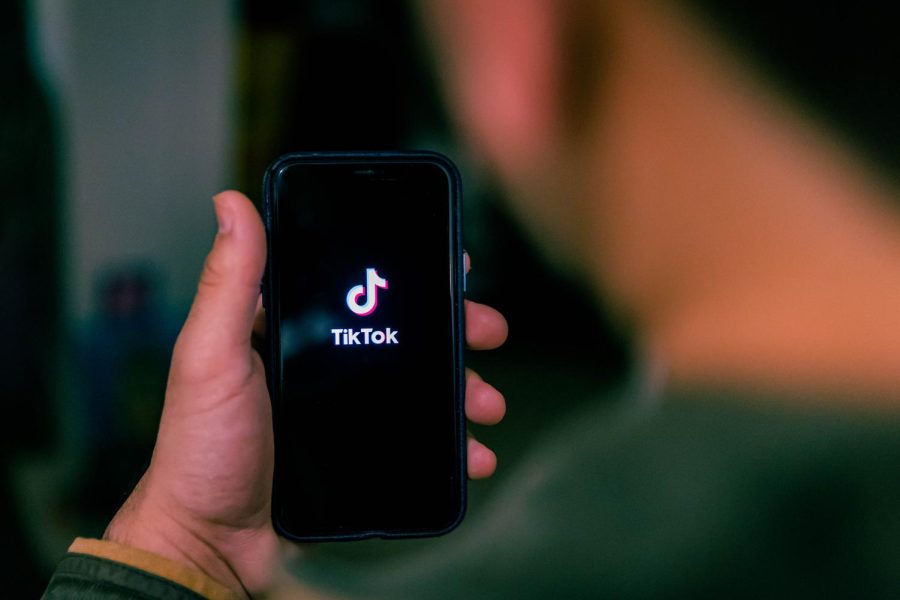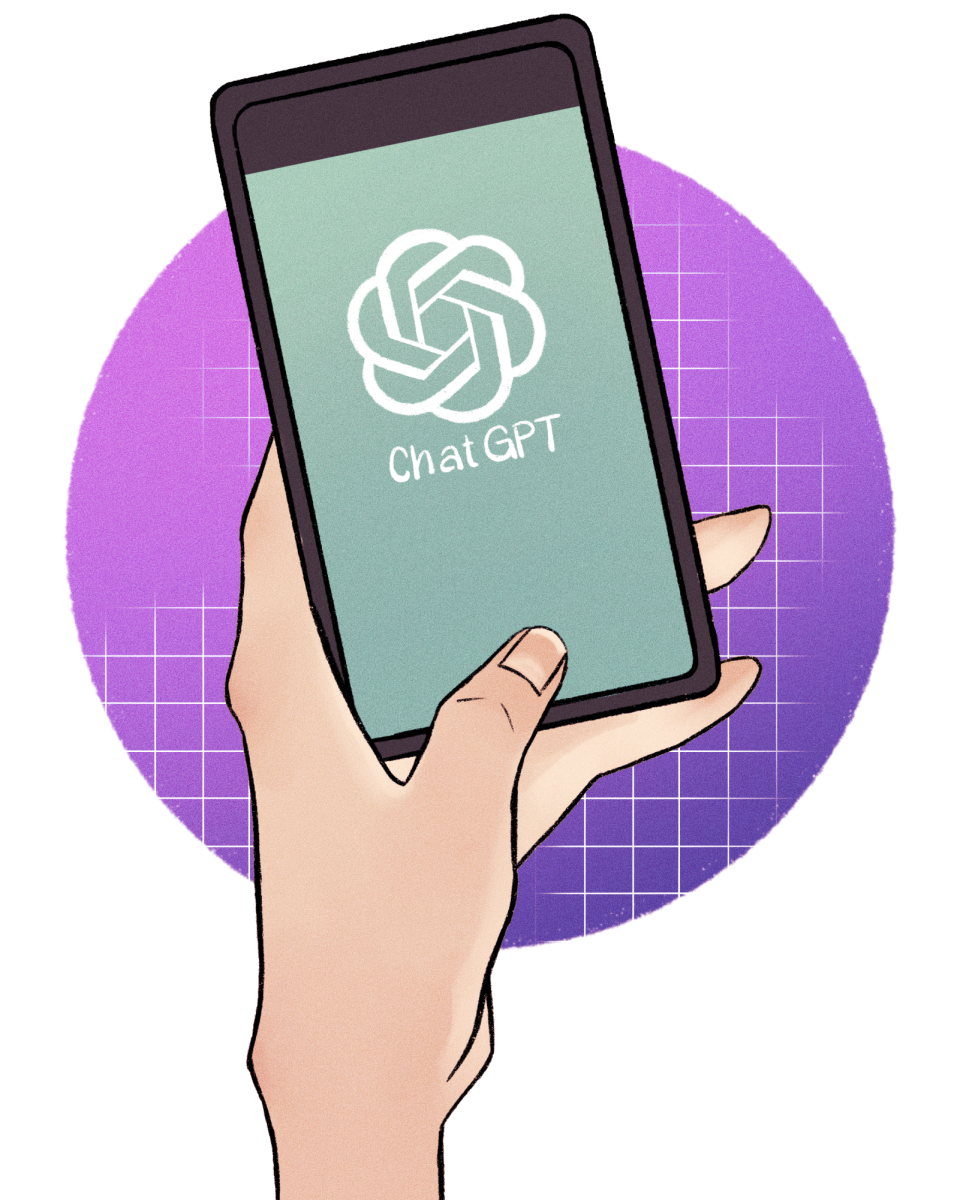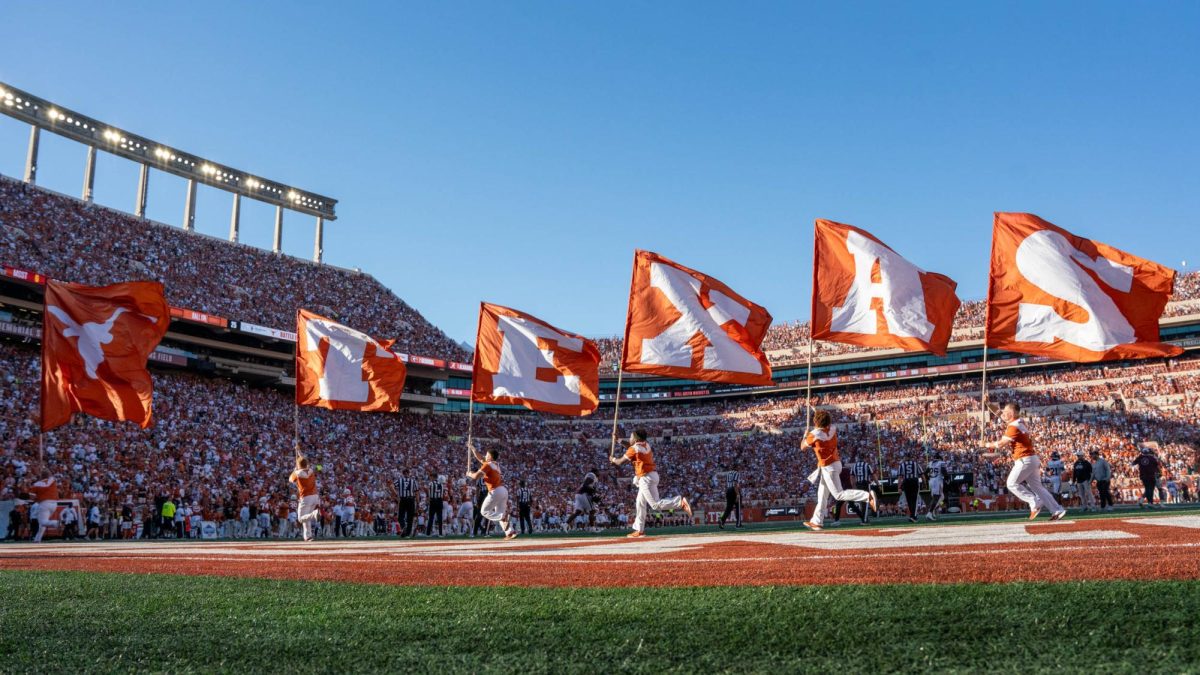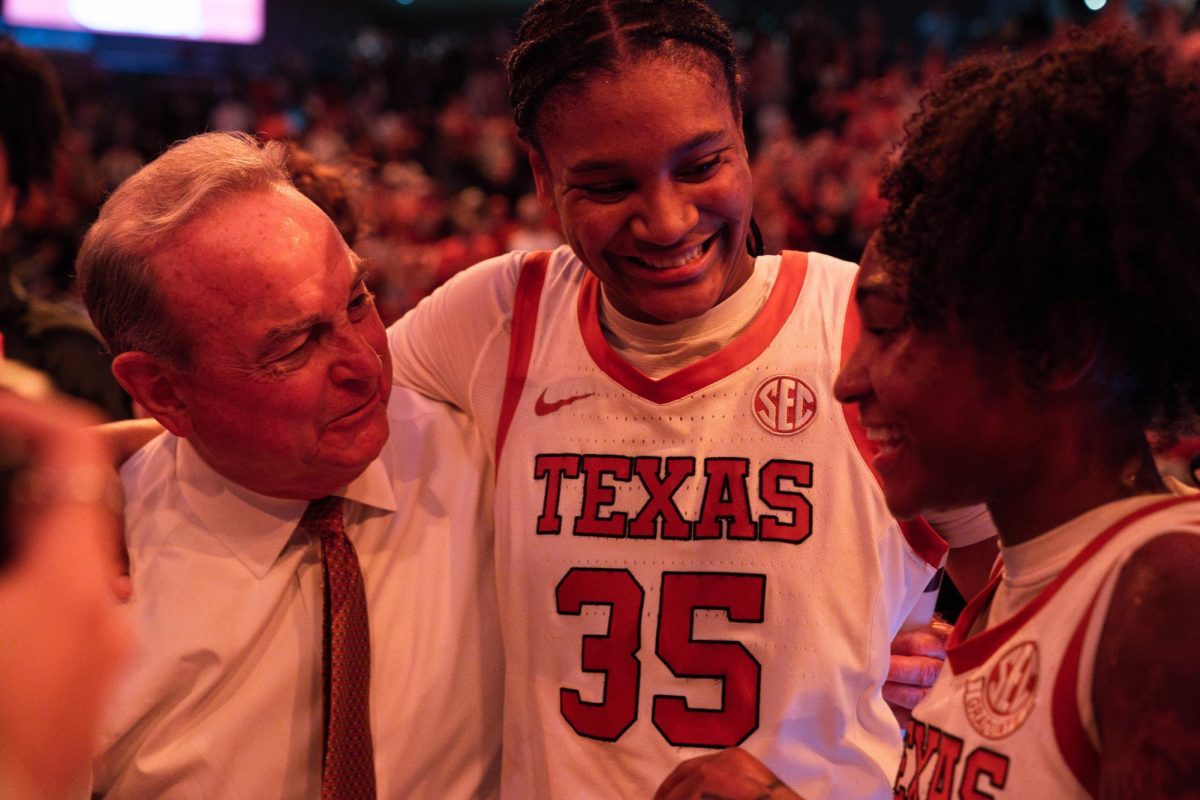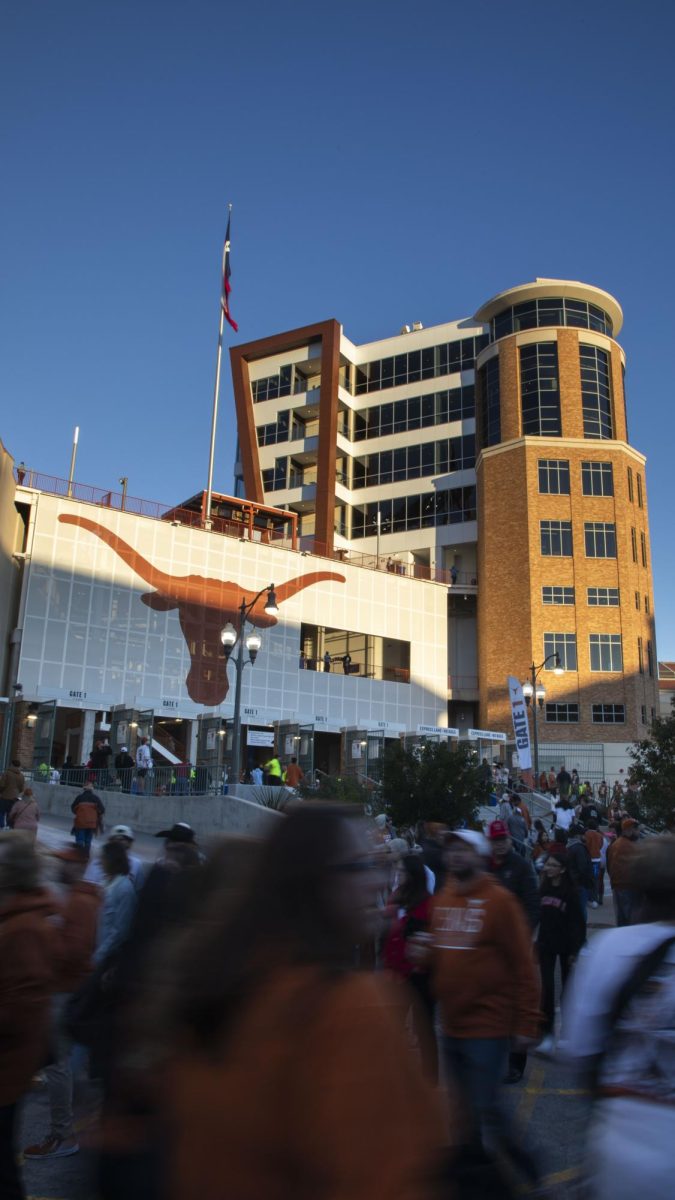President Donald Trump on Jan. 20 ordered a delay in the enforcement of a law requiring TikTok to divest from its Chinese-parent company or face a nationwide ban.
The executive order instructs the U.S. Attorney General and the Department of Justice to not enforce the Protecting Americans from Foreign Adversary Controlled Applications Act for 75 days. The act mandates that TikTok’s American operations divest from Chinese-parent company ByteDance, which is subject to Chinese oversight, to continue operating in the United States. In addition, the order ensures violations of the law that have already occurred will not be penalized, allowing the platform to remain operational until at least April 5.
“I intend to consult with my advisors, including the heads of relevant departments and agencies on the national security concerns posed by TikTok, and to pursue a resolution that protects national security while saving a platform used by 170 million Americans,” Trump stated in the order. “My Administration must also review sensitive intelligence related to those concerns and evaluate the sufficiency of mitigation measures TikTok has taken to date.”
The delay in enforcement follows a brief shutdown on Jan. 18, when TikTok users were abruptly cut off from the app in anticipation of the ban. A message on the app warned users of the disruption, which was resolved by the next day. However, the shutdown caused anxiety among students who use the app for more than just entertainment.
The interruption and TikTok’s uncertain future have caused students to reflect on the app’s role in their daily lives. The impact of the brief outage served as an abrupt reminder of how important the app has become, said Lily Benitez, a radio-television-film freshman.
“People were saying it was like we’re all quitting a drug at the same time,” Benitez said. “It was such an addicting app, and you’re on there for hours and wouldn’t even realize it.”
Alexia Mougoue, a civil engineering freshman, said she is concerned about losing a platform where anyone can share their voice.
“TikTok’s platform makes it so that you can say something, even if you’re nobody, go viral and then other people respond and continue the commentary,” Mougoue said. “For that to be taken away, that’s (feels) like a violation.”
While TikTok remains accessible for now, the restrictions still stand. The executive order delays enforcement but does not invoke a 90-day extension, which the original law would allow in case of “significant progress” toward the sale of the app to an American company. App stores and service providers are still prohibited from distributing or updating TikTok in accordance with the law, with violations potentially leading to fines of $5,000 per user granted access.

